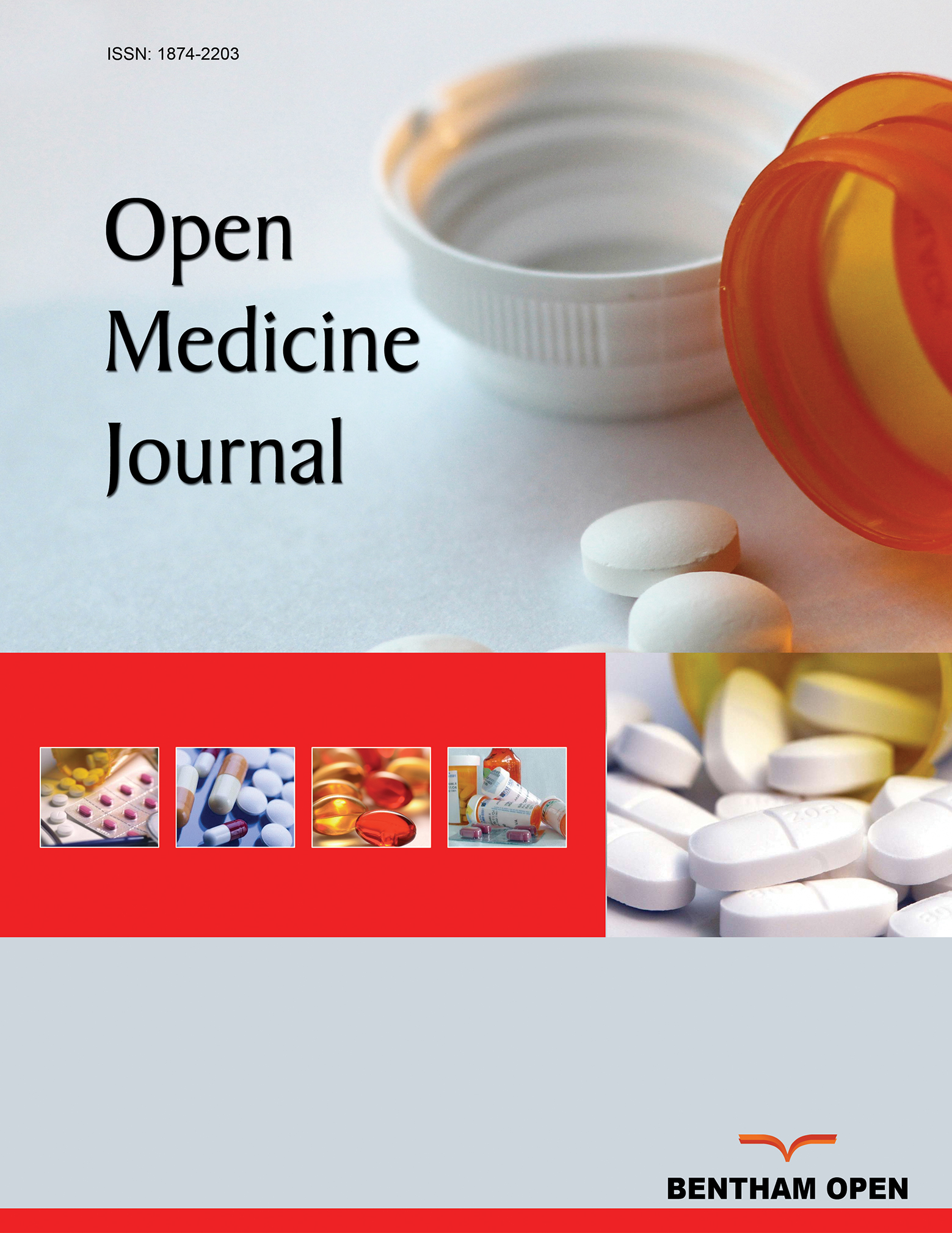All published articles of this journal are available on ScienceDirect.
Wikipedia as Informal Self-Education for Clinical Decision-Making in Medical Practice
Abstract
Background:
For almost any topic, a Wikipedia page will appear among the first ten items of a search online. Wikipedia is also a site whose quality and reliability has been called into question.
Methods:
In this paper, we aim to discuss medical practitioners’ use of Wikipedia, what this consists of and what it might be. We consider the context and history of Wikipedia before discussing the relationship between Wikipedia and the medical profession. In so doing, we will consider Wikipedia as a means of informal self-education and the extent to which it might inform clinical decision-making. We compare with the existing literature results from our two small-scale empirical studies of Wikipedia and clinical decision-making.
Results:
Notwithstanding issues over quality and reliability, Wikipedia’s rules on verifiability are such that its articles are very heavily referenced, and this is just as true of health-related articles. The Cochrane/Wikipedia Initiative in improving the quality and reliability of medical and health pages in Wikipedia is significant in increasing reliability. Our respondents largely concurred with the results from earlier studies on the use of Wikipedia by medical practitioners.
Conclusion:
Perhaps the very doubt over Wikipedia’s accuracy is its greatest strength as a means of informal education of doctors. That medical and health articles on Wikipedia can be so fully referenced and still be doubted is arguably a good thing and one whose effects may be spread into other, more trusted, publications. Hence, one might envisage a future where no one source is taken automatically on trust.


